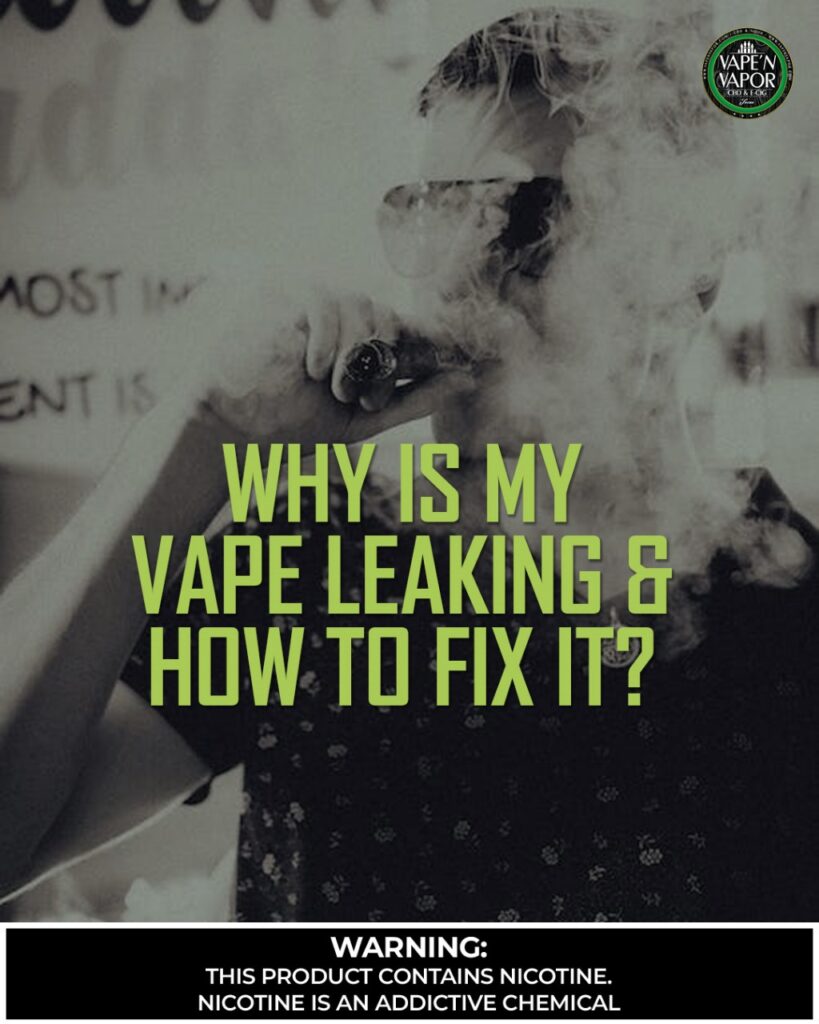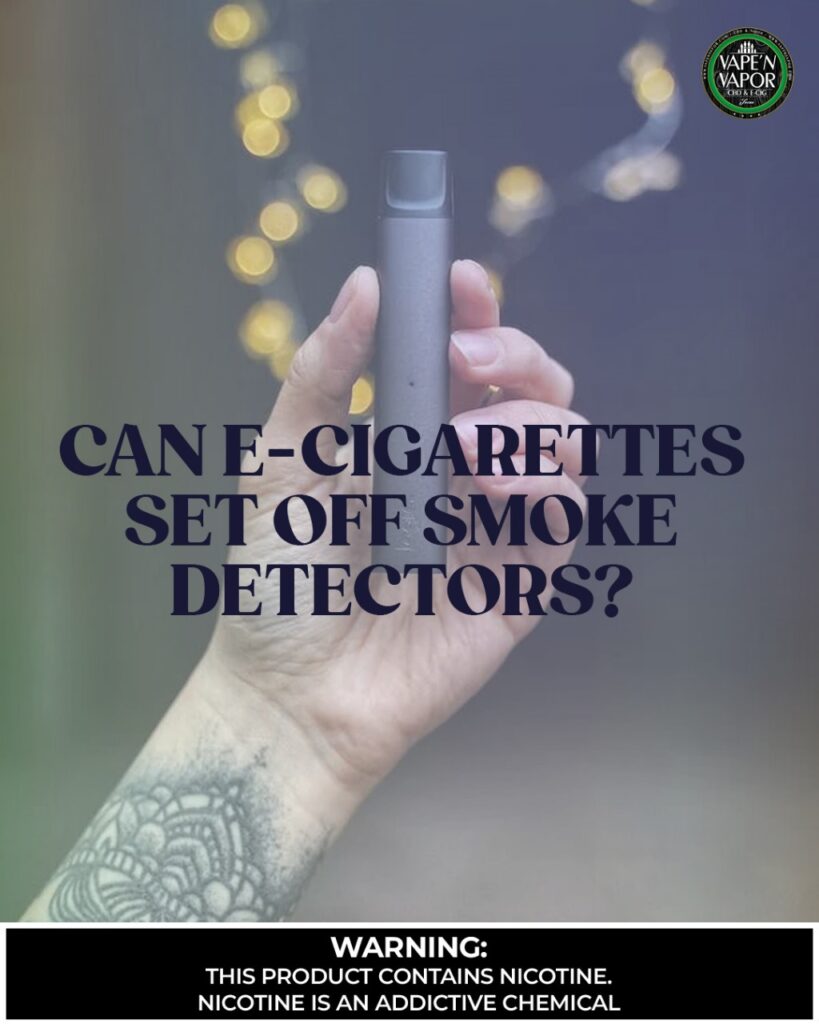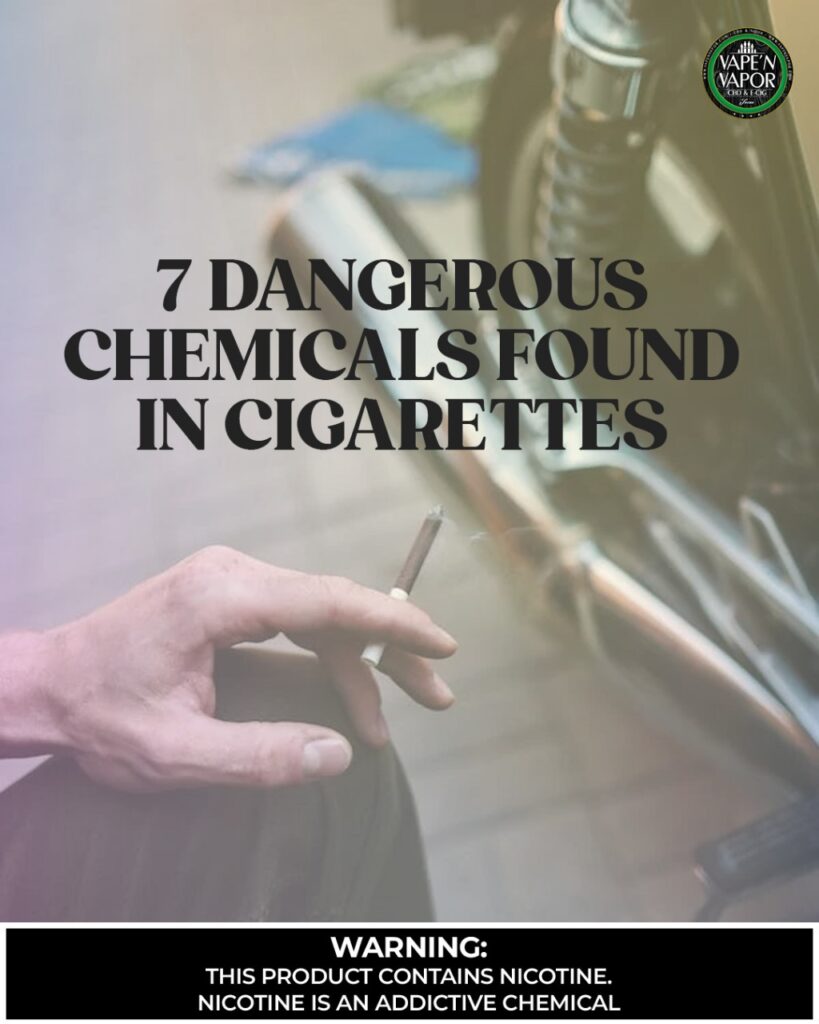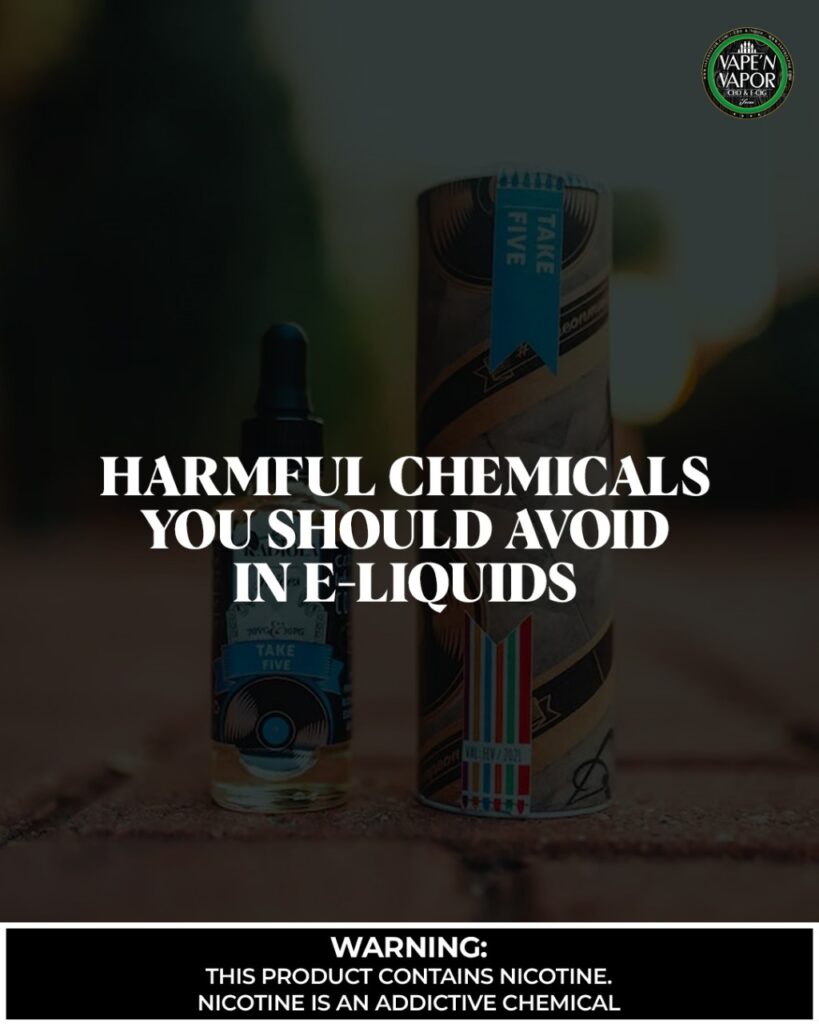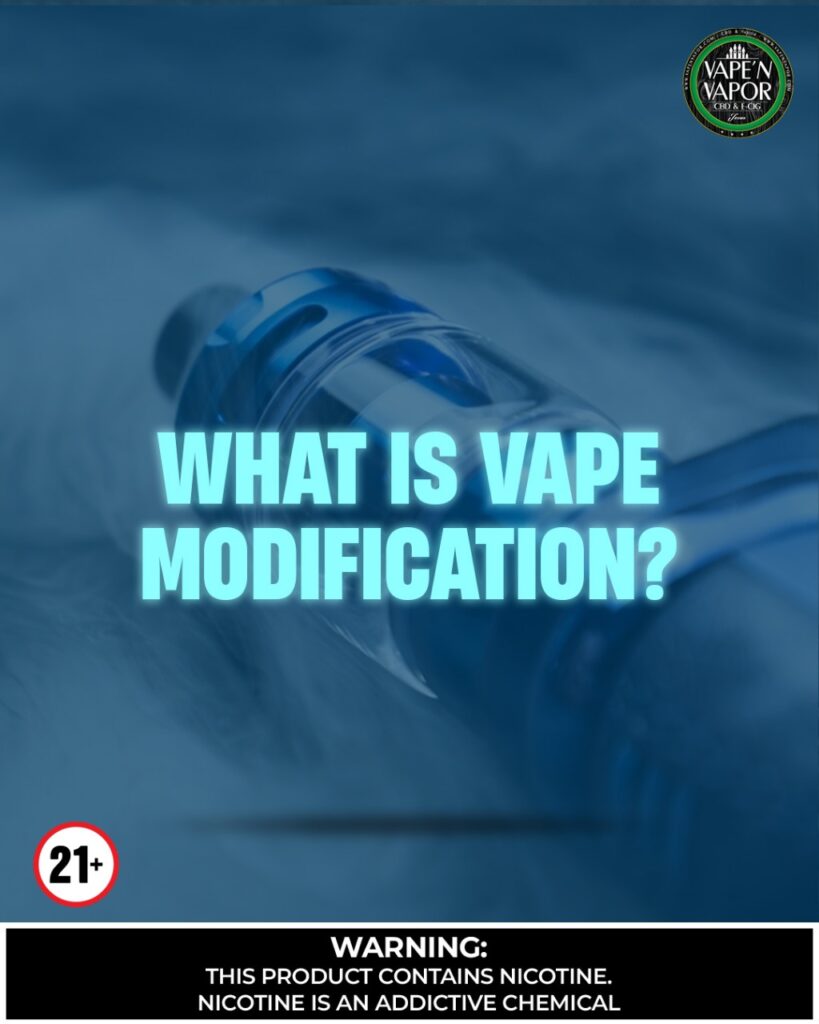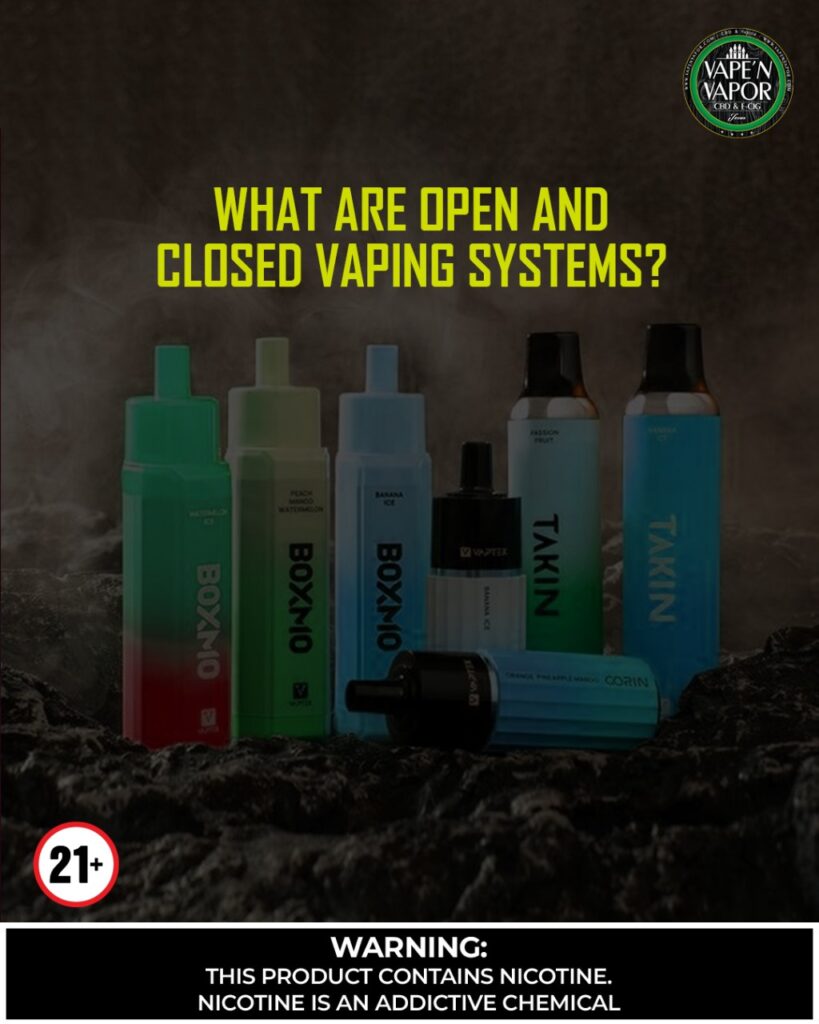No products in the cart.
WHY IS MY VAPE LEAKING AND HOW TO FIX IT?
While vaping in and of itself can be enjoyable, the annoyance of a leaky vape pen may soon ruin all the fun. Leaks can cause all sorts of messes; wasted e-liquid, even harm to your vape equipment, and pesky e-liquid stains.
In the world of vaping, leakage happens when e-juice seeps out of the tank and usually makes its way through the airflow system. Leakage can occur to varying degrees, from a few drips to the entire contents of the tank being emptied into your vape device. Even well-known sub-ohm tanks had leaks, probably caused by seemingly harmless mistakes made by the user or by design flaws.
It’s still quite tough to make a vape device that is 100% leak-proof, even with all the advances in tank technology. That being said, there are features in place to reduce the possibility of leaking that are included in more recent tank models. But not to fret – we’ll go over typical causes of vape leaks and offer effective solutions for the problem.
While no tank can promise complete leak protection, following these guidelines can significantly lower the danger and improve your vaping experience as a whole:
Improper Tank Filling:
Improper tank filling is one of the main causes of vape leakage. Every vape tank has a maximum fill level that should not be exceeded to prevent e-liquid leaks. To prevent this, leave a tiny opening to generate a vacuum that aids in holding the liquid in place. Furthermore, exercise caution to prevent e-liquid from being forced into the center airflow channel, as this may cause leaks.
Coil Installation:
Make sure the coil is placed correctly by checking. Though most coils are plug-and-play, make sure the coil is inserted securely and aligned. For the anti-leak design to function, the silicone ring surrounding the coil must be placed correctly. To prevent cross-threading in screw-in coils, which could lead to leaks, make sure they are properly aligned. Tighten parts firmly but not too firmly to avoid damaging silicone seals.
Damaged Tank or Pod:
Check for damage to your pod or tank, especially if you’ve dropped it or if any parts are incorrectly fixed onto the device. Glass tanks can break easily, so be sure to look for any damage, no matter how slight it is. Even though they are more sturdy, refillable pods can still break if dropped.
E-Liquid Compatibility:
Leaks may occur if the e-liquid you use is not suitable for your coil. Coils are made to work with either high PG or high VG e-liquid varieties. Low-powered devices are appropriate for high PG mixes, whereas direct-to-lung devices perform best with high VG e-liquids. Leaks may occur from using the incorrect e-liquid because of insufficient absorption or overheating. For best results, you should match the appropriate e-liquid to your coil.
Coil Replacement:
The lifespan of coils varies from one to two weeks based on usage. It’s of the utmost importance to replace the coil if your e-liquid tastes burned or is discolored. Leaks may result from a burned-out coil’s inability to adequately hold e-liquid. This problem can be avoided, and a consistent vaping experience can be guaranteed by routinely replacing coils.
Device Temperature:
To avoid overheating, make sure you are operating your coil within the suggested power range. Going beyond the wattage range might cause overheating, which will shorten the coil’s lifespan and decrease its capacity to hold e-liquid. What’s equally important is that you take breaks from vaping to prevent overheating your device, which can cause leaks or even hot vape juice to get in your mouth.
To sum up, leak prevention requires using the right e-liquid, installing coils correctly, and filling tanks. To ensure a leak-free and pleasurable vaping experience, regularly check your device for damage, replace coils, and make sure the temperature is set correctly. You may save costs and improve your vaping experience by using these foolproof techniques.
Having a leaky vape pod might be a common and annoying problem, but you can upgrade your vaping experience by finding and fixing the underlying problems, no matter how small or big they may be!

